Diwali is one of the most celebrated and one of the most important festivals of the Hindus living worldwide. Diwali is celebrated on the New Moon day i.e. Amavasya of the Lunisolar month of Kartika. This year Diwali is being celebrated on November 14, 2021.
Diwali Celebrations
It is celebrated as the festival marking the victory of good over evil, light over darkness and the victory of light over ignorance. This five-day long festivity starts with Dhanteras and exactly twenty days after Dussehra. People also celebrate Diwali to express their happiness on the return of Lord Rama to his kingdom after killing the Demon King Ravan, and after completing his fourteen years of exile. People light their houses with earthen lamps called Diyas to welcome Lord Rama, Sita and Lakshman. People worship Goddess Lakshmi, Ganesh, Kubera, the guardian of the wealth and Lord Vishnu on the night of Diwali.
Diwali is synonymous with the cleaning of houses and workplaces in India. This is the time of the year when people get their houses renovated, painted and buy new things for their houses to make it look beautiful as it is believed that Goddess Lakshmi, the Goddess of wealth and prosperity stays in the house for the year, that is beautifully decorated and is clean. So, people start cleaning their houses from the beginning of Dhanteras and buy new pieces of furniture, utensils, clothes and other decorative items for their houses. The kitchens are filled with the sweet smells of the mithais i.e. sweets being cooked to be offered to the Gods on the day of Lakshmi Puja.
The people light earthen lamps, the diya or deep on the boundaries of their house, on the rooftops and at the gates. These lamps are arranged in rows looking very beautiful.
Diwali Puja
On the night of Diwali, people decorate the temples inside their house and light lamps in front of the idols of the gods. Special puja is offered to Goddess Lakshmi, the Goddess of wealth and prosperity along with Kuber, who is considered to be the keeper of the wealth and money. People also worship Lord Ganesh.
Legends Associated with Diwali
The most famous legend associated with Diwali festival is that on this day Lord Rama came back to Ayodhya after completing his fourteen years-long exile imposed on him by his step-mother Kaikai. During this exile his wife Sita and brother Lakshman accompanied him. The Demon King Ravan abducted Sita and Lord Rama killed him on the day of Dussehra. The people of Ayodhya lighted lamps in their houses and on every community place to welcome the three of them back home. The festival got its name Deepawali that means Deep or earthen lamps or lanterns and awali means rows. Thus, Diwali is called the festival of lights.
The second legend associated with Diwali is the killing of a Demon King of Pragjyotishapuraby Lord Krishna, the incarnation of Lord Vishnu, one day before Diwali, i.e. on Narak Chaturdashi. His name was Narakasur. On the day of Diwali, Shri Krishna freed the sixteen thousand princesses captivated by Narakasur in his palace. Thus, Diwali has the significance of freedom that can be presented as the freedom from the captivity of darkness and ignorance.
According to another legend, the fifth incarnation of Lord Vishnu, Vaman, rescued Goddess Lakshmi from the prison of King Bali and compelled him to go and live in the Pataal Lok or the nether-world.
In Jainism, this day is celebrated as the day of Nirvana of Lord Mahavira.
The Sikhs celebrate it as BandiChorDiwas. On this day, the Sixth Guru of the Sikhs freed from the captivity of the Mughal Emperor Jahangir. He was greeted at Amritsar by his disciples by lighting the lamps and candles to welcome him. Later the foundation stone of the Golden Temple at Amritsar was also laid on the day of Diwali in 1577.
Significance of Diwali Puja
Diwali puja is the main ritual of the festival. The main deity worshipped on Diwali is Goddess Lakshmi. She is the Goddess of wealth and prosperity. But the significance of the Lakshmi puja is not limited to the worshipping for material gains, it extends to the growth of spirituality, mental peace and knowledge. Goddess Lakshmi symbolises patience, modesty and detachment from the worldly desires too, instead of being known to provide materialistic luxuries to her worshippers. One should learn to stay detached from materialism by staying in it from Goddess Lakshmi.
We, at Askganesha, wish all our readers a very happy and prosperous Diwali.
















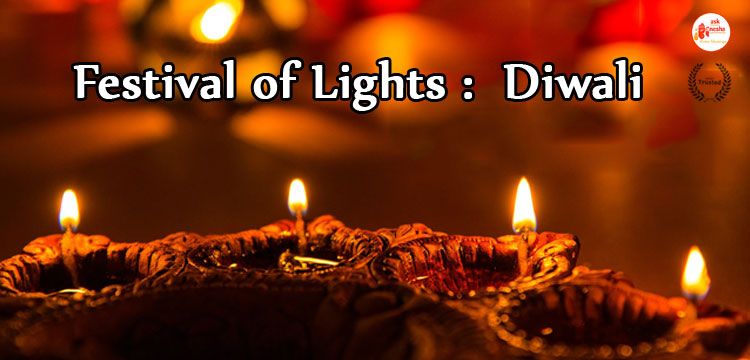
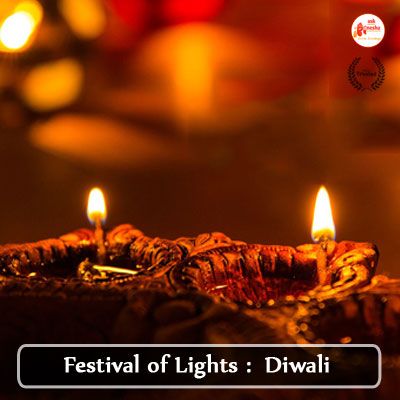
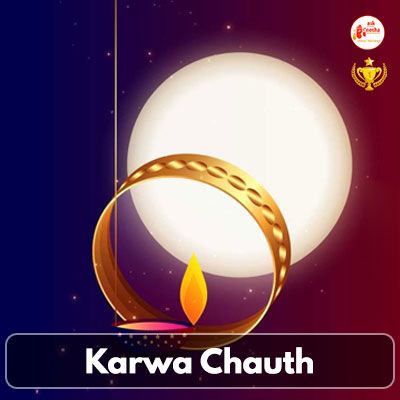
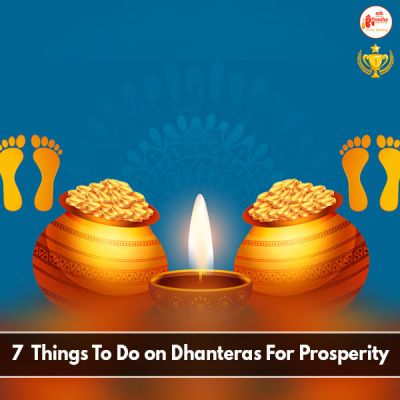
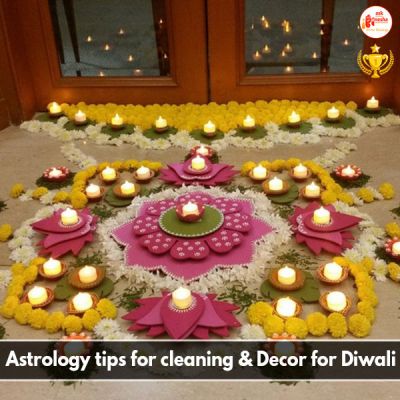
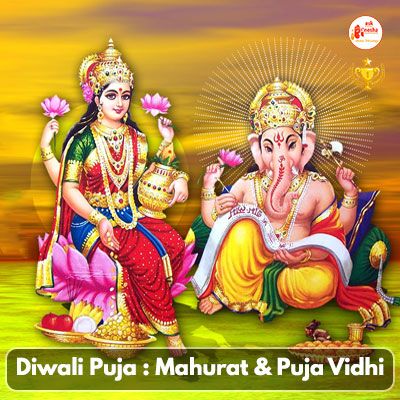

 Translate
Translate